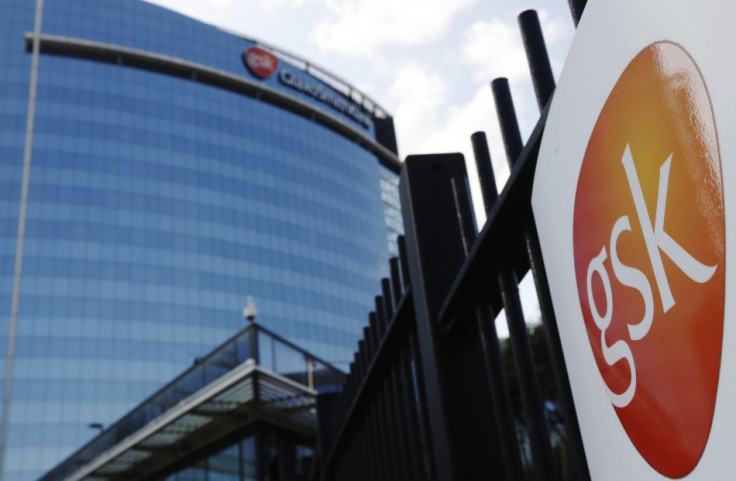GlaxoSmithKline Suffers Further Asian Blow as India Revokes Patent on Cancer Drug Tykerb

British drugmaker GlaxoSmithKline has suffered another blow in emerging Asia after an Indian court revoked a patent granted to the company for breast cancer drug Tykerb.
The decision follows a landmark court ruling to disallow patents for incremental innovations. The ruling reflects a major blow to global pharmaceutical firms, which were generating significant profits from patented drugs in a market of more than one billion people.
Nevertheless, India's Intellectual Property Appellate Board (IPAB) maintained a patent granted on the original compound of the drug called lapatinib. As a result, the drug will have patent protection until 2019. The additional patent on a salt variant used in Tykerb, which has been rejected, would have given the drug extended protection until 2021.
China Bribery Probe
GSK has been facing investigation in China into alleged malpractice by its executives.
China's Ministry of Public Security had accused unnamed GSK executives of routing 3bn yuan (£324m, €375m, $489m) in bribes to doctors through 700 travel agencies and consultancies over six years.
In connection with the allegations, Chinese authorities have taken several GSK executives into custody and claimed that a number of them had admitted to criminal charges of bribery and tax law violations.
GSK also admitted that some Chinese executives appeared to have broken the law but CEO Andrew Witty said that their head office had no prior knowledge about the wrongdoing.
In a bid to repair its tainted image in connection with the scandal, the company appointed Herve Gisserot, senior vice-president for Europe, as the new chief of its China operations. He replaces Mark Reilly as general manager of China operations.
In India, GSK can appeal against the decision in the Supreme Court.
"We are studying the IPAB's decision but maintain our belief in the inventiveness of the lapatinib ditosylate salt and will consider the possibility of taking further steps before the appropriate authorities to validate this," Reuters quoted the Indian GSK unit as saying.
Foreign Firms Losing Patents in India
Western drugmakers see India as a cash cow due to its fast-growing $13bn drugs market. Nevertheless, their ambitious growth plans in the country have recently been hit by a series of decisions on intellectual property and pricing.
In April, India's Supreme Court rejected a patent for Novartis AG's cancer drug Glivec. The court said that the drug was an amended version of a known molecule called imatinib.
Last year, Pfizer's cancer drug Sutent, Roche Holding 's hepatitis C drug Pegasys, and Merck & Co's asthma treatment aerosol suspension formulation all suffered the same fate due to reported lack of innovation.
© Copyright IBTimes 2025. All rights reserved.






















